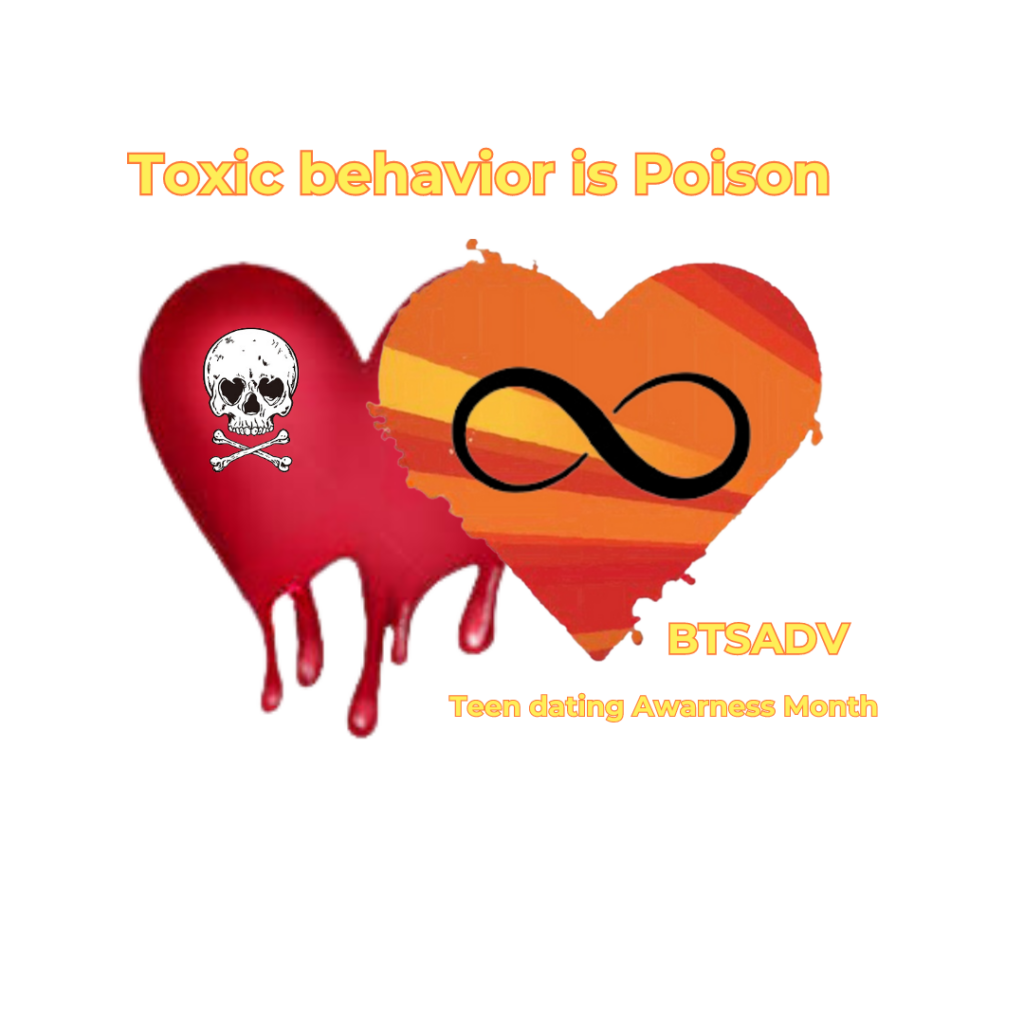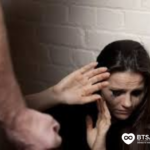When it comes to teen relationships, it’s vital to guide our children towards healthy dynamics. As a parent with a 13-year-old son in a healthy relationship, I understand the significance of setting positive examples. However, not all teens are fortunate enough to witness healthy relationships at home. Exposure to parental abuse can perpetuate a cycle of violence, impacting children for life.
I’ve seen firsthand the consequences of unhealthy relationships through my son’s friend. Despite growing up in a stable household, she found herself in a frightening situation with a controlling partner. My son, deeply concerned for her safety, offered support whenever he could. It highlighted the importance of teaching our children how to treat others, emphasizing respect, communication, and support in all relationships.
A. Definition of Teen Relationships
- Adolescence is a critical period for relationship development, shaping attitudes and behaviors.
- Understanding the difference between healthy and unhealthy relationships is crucial for teens’ well-being.
II. Characteristics of Healthy Teen Relationships A. Communication
- Healthy relationships thrive on open and honest communication, fostering understanding.
- Active listening and mutual respect lay the foundation for meaningful connections.
B. Respect
- Recognizing and honoring individual boundaries and autonomy is essential.
- Valuing each other’s opinions and feelings cultivates mutual respect.
C. Trust
- Building trust through transparency and reliability is fundamental.
- Trust forms the basis for a strong and enduring relationship.
D. Support
- Providing emotional support during both challenges and successes strengthens the bond.
- Encouraging personal growth and celebrating achievements nurtures mutual support.
E. Equality
- Equal decision-making and power balance ensure both partners feel valued.
- Avoidance of control or manipulation promotes a healthy relationship dynamic.
III. Signs of Unhealthy Teen Relationships A. Lack of Communication
- Poor communication skills lead to misunderstandings and unresolved issues.
- Avoidance of discussing concerns openly indicates unhealthy dynamics.
B. Disrespect
- Disregarding personal boundaries or engaging in belittling behavior signals disrespect.
- Name-calling and insults are clear signs of an unhealthy relationship.
C. Distrust
- Jealousy and possessiveness indicate a lack of trust.
- Baseless accusations erode the foundation of trust in a relationship.
D. Lack of Support
- Unwillingness to provide emotional support during difficult times is concerning.
- Discouragement of personal growth or individual goals suggests an unhealthy dynamic.
E. Inequality
- Power imbalances and control issues undermine the equality of the relationship.
- Dominance in decision-making or actions indicates an unhealthy power dynamic.
IV. Impact on Teenagers A. Healthy Relationships
- Positive relationships contribute to mental and emotional well-being.
- Feeling secure and valued enhances self-esteem and confidence.
B. Unhealthy Relationships
- Negative dynamics can lead to anxiety, depression, and low self-esteem.
- Long-term consequences may affect future relationship patterns and self-image.
V. Recognizing and Addressing Issues A. Educating Teens
- Providing information on healthy relationship dynamics is essential.
- Encouraging awareness of red flags empowers teens to make informed choices.
B. Empowering Teens
- Building confidence to set boundaries and communicate needs promotes healthy relationships.
- Teaching conflict resolution skills equips teens to address issues effectively.
VI. Conclusion A. Emphasizing the Importance of Education
- Creating a culture that values and promotes healthy relationships is crucial.
- Supporting open dialogue and providing resources empowers teens to navigate relationships successfully.












